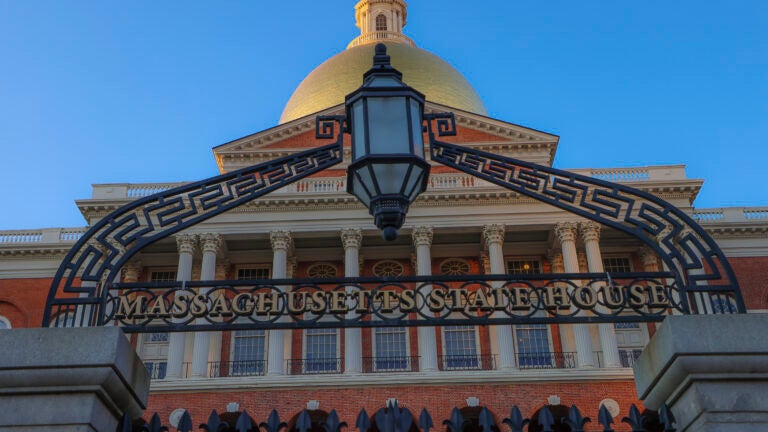"Given that the state of emergency has already expired, this partial report is especially necessary to ensure critical policies remain in place."

When the state of emergency in Massachusetts ended at 12:01 a.m. on June 15, so did many popular pandemic policies, like permitting remote municipal meetings and cocktails to-go. By Tuesday night, state lawmakers reached a compromise to extend the policies and passed a bill to be sent to Governor Charlie Baker’s desk.
The State Senate had approved its own version of the bill last week, but the House approved an amended version 146 to 14 on Tuesday afternoon, according to reporting from the State House News Service. Both branches took the rest of the day to find a compromise, which emerged in the evening after a conference committee filed a partial report.
“We remain committed to working with the House in the near term to resolve the additional policies that did not make it … into today’s conference report,” Ways and Means Chair Senator Michael Rodrigues said before the Senate took up the compromise. “Given that the state of emergency has already expired, this partial report is especially necessary to ensure critical policies remain in place.”
The 14-page bill, passed around 8 p.m., extends a number of policies through various dates in 2021 and 2022:
- Restaurants are permitted to sell cocktails to-go through May 1, 2022. A new provision requires restaurants to sell the drinks for the same price as dine-in customers pay.
- Special permits for outdoor dining — which would have expired within 60 days — were also extended through April 21, 2022.
- Public corporations and nonprofits may conduct annual shareholder or member meetings by remote participation through Dec. 15, 2021.
- Virtual notarization was extended through Dec. 15, 2021.
- Flexibility with town meeting quorums was extended through Dec. 15, 2021.
- Landlords delivering notices to quit will be required to include forms around eligibility for assistance, available resources, and attestations, until the federal CDC eviction moratorium is lifted. The notice must also include the language: “this notice to quit is not an eviction. You do not need to immediately leave your unit. You are entitled to a legal proceeding in which you can defend against the eviction. Only a court order can force you to leave your unit.”
The State House News Service reported that the bill also extends remote reverse-mortgage loan counseling, certain flexibilities for assisted living residences, and the ability for medical assistance, podiatrists, phlebotomists, and some military personnel to give COVID-19 vaccines.
A senior administration official told State House News that Baker was not expected to sign the bill until Wednesday at the earliest.
Newsletter Signup
Stay up to date on all the latest news from Boston.com
"popular" - Google News
June 16, 2021 at 10:26AM
https://ift.tt/3gpYGF8
Here are the popular pandemic policies state lawmakers voted to extend - Boston.com
"popular" - Google News
https://ift.tt/33ETcgo
Shoes Man Tutorial
Pos News Update
Meme Update
Korean Entertainment News
Japan News Update
Bagikan Berita Ini















0 Response to "Here are the popular pandemic policies state lawmakers voted to extend - Boston.com"
Posting Komentar